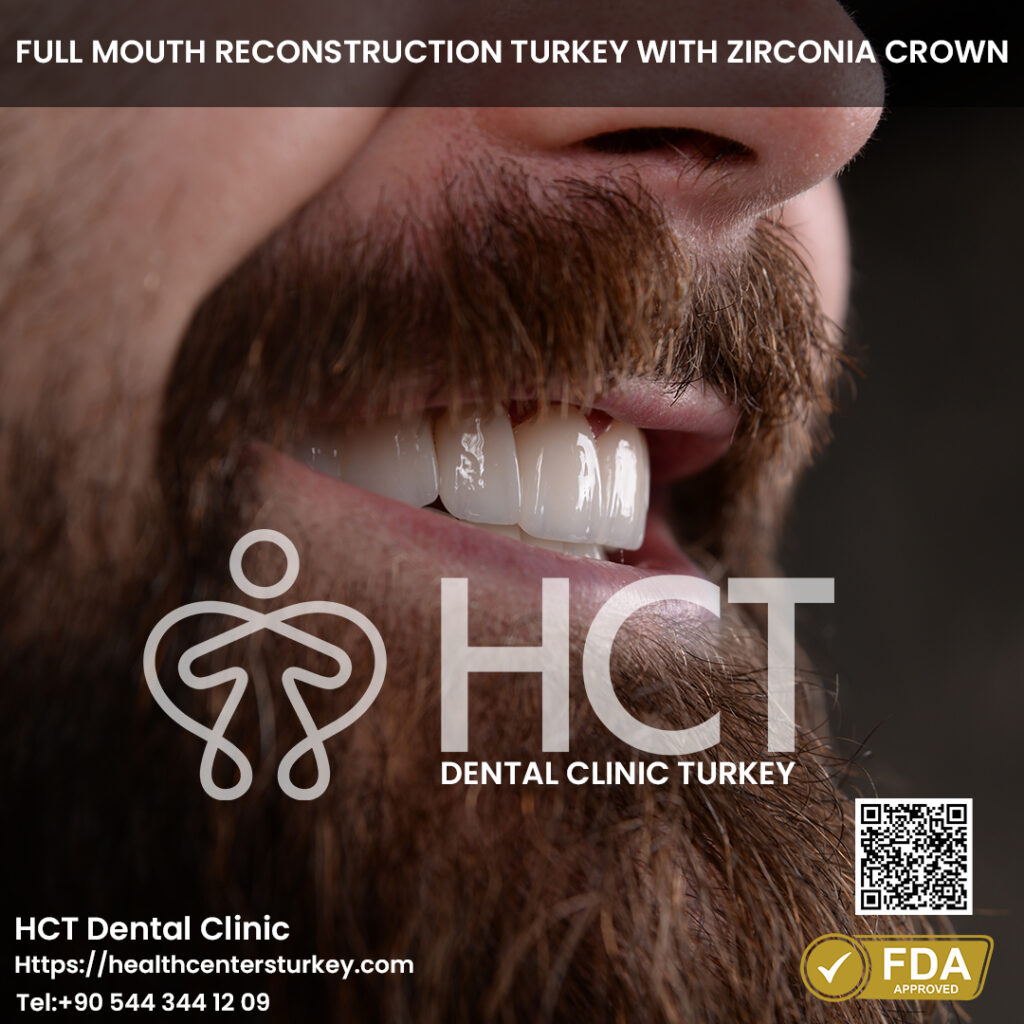Personalized Oral Health Strategies to Meet Your Needs
Maximize Your Savings Dental Treatments in Turkey
Dental implants have become a preferred solution for these looking to replace missing teeth. Understanding how these implants can have an result on adjacent teeth is essential for anyone contemplating this procedure, in addition to for dentists and specialists concerned in dental care.

One significant side is that dental implants are designed to be anchored into the jawbone, which suggests they're impartial of adjacent teeth. Unlike dental bridges, which frequently require the alteration of neighboring teeth, implants can fill the gap with out compromising the health or structure of those surrounding teeth.
This independence helps keep the integrity of adjacent teeth. When a tooth is lost, there could be a natural tendency for neighboring teeth to tilt or shift into the empty area. Such movement can result in misalignment, which can affect chew and total oral health. By putting an implant, you successfully prevent this potential shift, promoting higher alignment in the long term.
Unlock the Potential of Dental Packages in Turkey
Additionally, dental implants help keep bone density within the jaw. A natural tooth root offers stimulation to the surrounding bone, maintaining it wholesome and powerful. When a tooth is missing, the bone can begin to deteriorate due to lack of stimulation. With a dental implant mimicking a natural root, bone loss can be minimized, which not directly benefits adjacent teeth by preserving the overall structure of the dental arch.
While dental implants are advantageous, improper placement can impact neighboring teeth. If an implant is positioned too close to a different tooth, it may exert undue pressure on that tooth, resulting in discomfort or potential damage. Proper planning and imaging strategies are essential for avoiding such issues.
Enjoy World-Class Oral Care on Your Trip
Moreover, maintaining good oral hygiene is essential after receiving an implant. If not properly cleaned, surrounding teeth might turn into susceptible to dental issues corresponding to decay or gum disease. This underscores the importance of diligent oral care following the process to ensure both implants and adjacent teeth stay healthy.
Regular dental check-ups are also very important for monitoring the health of surrounding teeth. Dentists can establish any shifts or potential problems early, allowing for timely interventions. This proactive method ensures that both the implant and adjacent teeth can coexist without problems.
Cost-effective Dental Care Packages in Turkey for Implants and Cosmetic Dentistry
Another consideration is the influence of implants on chew pressure. When a single tooth is missing, the load of chewing may shift to adjacent teeth, potentially resulting in wear or strain. Implants restore correct chew dynamics by redistributing forces within the mouth, which may defend surrounding teeth from undue stress.
Some patients might raise considerations in regards to the appearance of dental implants. Well-placed implants can mix seamlessly with present teeth, bettering total aesthetics. In contrast, failing to exchange a missing tooth can lead to aesthetic points, including collapsing of facial structure and adjustments in smile dynamics.
It's also price discussing the psychological features of dental health. Experiencing tooth loss can useful content adversely have an result on one’s vanity and willingness to interact socially. By restoring your smile with implants, you possibly can positively influence not only your oral health but also your emotional well-being.
Long-term success of dental implants typically hinges on numerous elements, together with the patient's health, maintenance habits, and the standard of the preliminary procedure. If adjacent teeth are healthy and properly cared for, the likelihood is that they'll proceed to thrive alongside the implants.
Comprehensive Cosmetic Dentistry in Antalya
In conclusion, dental implants play a vital role in not just restoring individual smiles, but in preserving the health and structure of adjacent teeth. By preventing shifting, maintaining bone density, and redistributing chunk forces, implants can make sure that surrounding teeth stay in optimum condition. Proper placement, hygiene, and common dental visits can additional improve the benefits of dental implants, leading to a healthier, more confident smile for years to come.
- Dental implants can help preserve the alignment of adjacent teeth by offering a steady anchor, stopping adjacent teeth from shifting into the gap left by a missing tooth.
- The presence of an implant might stimulate bone growth in the jaw, serving to to protect the general structure and integrity of the adjacent teeth.
- Unlike traditional bridges, implants do not require alteration of surrounding teeth, thus preserving their strength and anatomy.
- Implants can improve the distribution of chunk forces evenly throughout the dental arch, decreasing the stress on neighboring teeth during chewing.
- A well-integrated dental implant can decrease the chance of bone loss within the area surrounding adjacent teeth, contributing to their long-term health and stability.
- The aesthetics of adjacent teeth can be improved because of the support supplied by implants, which may lead to better total beauty outcomes.
- With proper placement, dental implants can prevent gum recession around adjacent teeth by sustaining enough dental architecture.
- Implants can help mitigate the risks of periodontal disease in close by teeth by promoting healthy gum tissue and offering a washer-friendly surface.
- Long-term success of dental implants can result in improved oral hygiene routines, which in turn benefits the health of surrounding teeth.
- The improved practical ability of an implant can encourage patients to chew extra successfully, thus increasing saliva manufacturing and aiding within the protection of adjacent dental tissues.undefinedHow do dental implants affect adjacent teeth?
What are dental implants and the way do they interact with adjacent teeth?undefinedDental implants are synthetic tooth roots that are surgically placed into the jawbone. They present a stable basis for replacement teeth while ensuring minimal disruption to adjacent teeth, preserving their integrity and alignment. Enhance Your Smile with Innovative Dental Solutions.
Economical Dental Services that Deliver Smile Perfection
Can dental implants trigger problems for close by natural teeth?undefinedGenerally, dental implants don't harm adjacent natural teeth. However, if the implant just isn't placed accurately or if there’s inadequate oral hygiene, it may result in complications corresponding to adjacent tooth decay or gum disease.

Will getting a dental implant change the way my adjacent teeth feel?undefinedMost patients report no change in the sensation of adjacent teeth after implant placement. However, it may take some time to adjust to the presence of the implant, just like how one could adapt to different dental restorations.
Can dental implants help protect the health of adjacent teeth?undefinedYes, dental implants might help maintain the health of adjacent teeth by preventing bone loss that can happen after tooth loss. This preservation helps the alignment of close by teeth, lowering the danger of shifting or misalignment.
Affordable Smile Makeover Options in Turkey
Do I need to switch adjacent teeth when getting an implant?undefinedTypically, adjacent teeth do not need alteration when inserting an implant. This is considered one of the advantages of dental implants over conventional bridges, which often require reshaping adjacent teeth for support.
How does the therapeutic means of an implant have an effect on nearby teeth?undefinedThe therapeutic process involves osseointegration, the place the implant fuses with the jawbone. During this time, adjacent teeth remain i was reading this unaffected and retain their function, although it’s essential to follow post-operative care suggestions. Effective Orthodontic Treatments available in Turkey.
Highlighting the Top-Rated Dental Solutions from Turkey for Beautiful Smiles
Can dental implants lead to bone loss round adjacent teeth?undefinedIf dental implants are placed correctly and cared for adequately, they should not result in bone loss around adjacent teeth. In truth, they might help stimulate bone growth, combating the natural bone loss that usually follows tooth extraction.
What precautions should I take to guard adjacent teeth after getting an implant?undefinedRoutine dental hygiene, including brushing and flossing, together with regular dental check-ups, is essential. Avoiding hard meals and following your dentist’s aftercare instructions may also protect each the implant and adjacent teeth.
Is it frequent for adjacent teeth to shift after an implant is placed?undefinedIt's not typical for adjacent teeth to shift after an implant placement, especially when the implant is positioned correctly and maintained correctly. If there’s any motion, it might be as a result of other underlying points that must be evaluated by a dental professional.